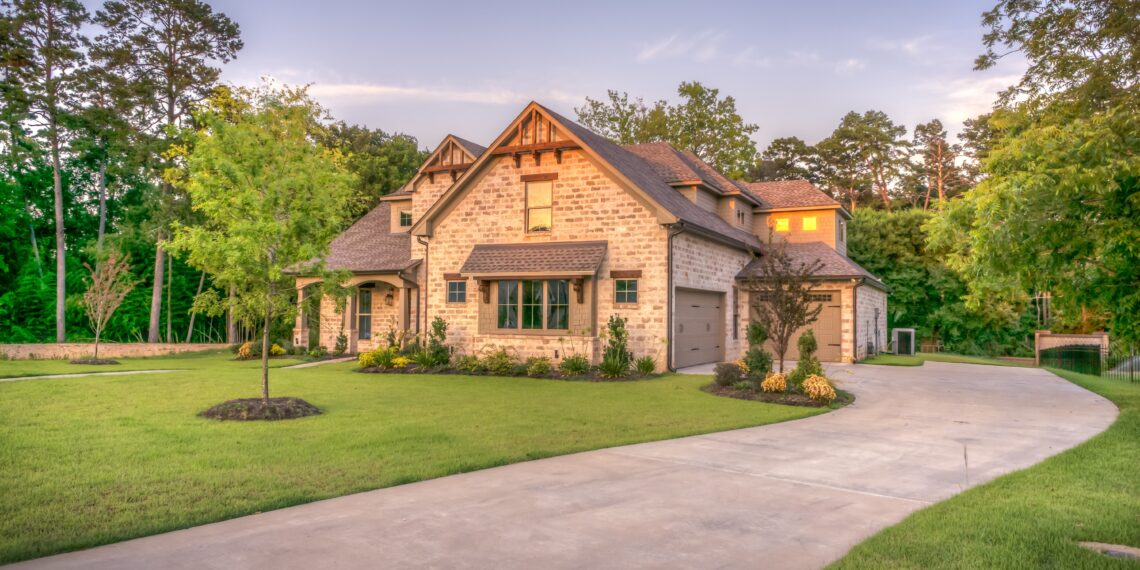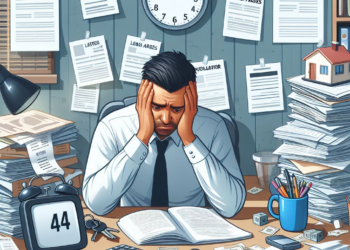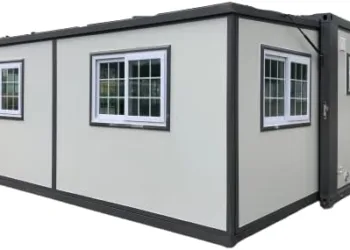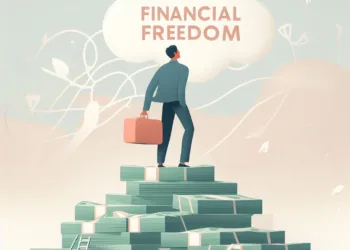Why house prices have not gone down despite high-interest rates?
There are several reasons why house prices have not gone down despite high-interest rates.
One reason is that the demand for housing remains strong, while the supply of homes for sale remains relatively tight.
This combination of factors has helped to keep prices elevated, even as interest rates have risen.
Another reason why prices have not yet fallen significantly is that many homeowners are still equity rich, meaning they have built up substantial equity in their homes over time.
This equity can provide a buffer against rising interest rates and help to keep prices from falling too sharply noted by the National Association of Realtors.
The current housing market situation

There is no doubt that the current housing market situation is unsustainable in the long term.
Sooner or later, either interest rates will have to come down or there will need to be an increase in the number of homes on the market.
Otherwise, house prices will continue to rise to unaffordable levels for many people.
This could have serious implications for the economy as a whole.
The Mortgage Bankers Association proclaimed that mortgage rates could potentially climb up to 9 percent.
There are a few things that can be done to solve the current housing market situation, but it is important to note that there is no guaranteed solution.
The situation may require a combination of measures
Whatever measures are taken, they must be done quickly and effectively to avoid any further damage to the economy.
What will make the house prices go down?

If housing demand falls or the supply-demand imbalance is resolved, home values will likely drop.
Some analysts think demand could be lower. The hike in the mortgage rate could be the key factor affecting the potential decline in sales, experts say.
Or, if the job market shows signs of weakening and wages don’t keep up with inflation, fewer people may be able to afford homes.
Finally, if lenders ease their qualification standards too much, there could be a surge in new home construction that puts downward pressure on prices.
Related Reading:
11 Simple Daily Habits That Will Completely Transform Your Life
The bottom line is that high-interest mortgage rates are not necessarily causing house prices to fall, but they are making it more difficult for some people to enter the market.
In the end, it is a matter of supply and demand that will determine where home prices go from here.
Download our free E-book today and start learning how to create wealth for yourself!
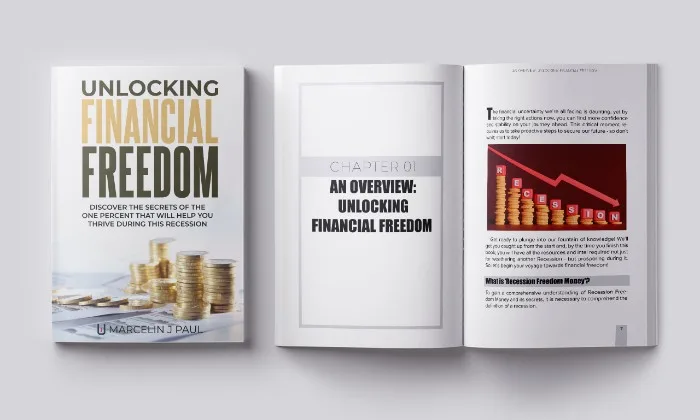
Will home prices continue to rise?
The future of housing prices is anyone’s guess, but the current market situation doesn’t seem to be trending in either direction.
The increase in mortgage rates has made it more difficult to afford a home, resulting in fewer people looking to buy.
At the same time, there isn’t much new construction taking place, keeping the supply low.
So, even though mortgage rates are higher than before, house prices have not gone down.
That’s because the current market environment is a combination of both supply and demand factors that have kept prices steady.
What factors are contributing to the rise in house prices?

Several factors are contributing to the rise in housing prices.
The first factor is that there is still strong demand for housing, especially in desirable locations.
This means that even if interest rates rise, people will still be willing to pay the price for a home.
Another reason is that the supply of homes on the market has not increased enough to meet this demand.
This lack of available homes drives prices up, even in a buyers’ market.
Many homeowners are reluctant to sell their homes at a lower price than they paid for them.
This creates a “floor” on prices, preventing them from falling too low.
All of these factors contribute to why housing prices have not decreased, despite high-interest rates.
Finally, it is worth noting that we are still in the early stages of this interest rate cycle and it typically takes several years for the full effects of higher rates to be seen in the real estate market.
So, for now, it appears that house prices will stay steady or even rise despite high-interest rates.
How will the housing market impact the economy as a whole?

As housing prices have a large impact on the economy, per the National Association of Realtors, when they are high, it can lead to an increase in consumer spending and confidence.
This, in turn, can boost other areas of the economy. However, when housing prices are low, it can have the opposite effect and drag down the economy.
The current situation of rising prices despite high-interest rates is not sustainable in the long term.
At some point, either interest rates will need to come down or there will need to be an increase in the supply of homes on the market.
Otherwise, prices will continue to rise to unaffordable levels for many people. This could have serious implications for the economy as a whole.
Are there any risks associated with the current housing market situation?

The housing market is at risk if interest rates continue to rise.
This could price out potential home-buyers, causing a decline in demand and potentially leading to a market crash.
If prices continue to climb at this rate, they might become too expensive for numerous people.
This could then trigger a rise in homelessness and foreclosures, as well as less consumer spending. Combined, these issues could harm the economy entirely.
What can be done to solve the current housing market situation?
There are a few things that can be done to solve the current housing market situation.
One option is to increase the supply of homes on the market by encouraging more homeowners to sell.
This would help to bring prices down to more affordable levels. Another solution is for the government to invest in more affordable housing initiatives.
This could help to make housing more accessible for people who are struggling to afford it.
Lastly, interest rates could be lowered, which would make buying a home more affordable for potential buyers.
This could have a positive impact on the market as a whole.
However, it is important to note that there is no guaranteed solution and the situation may require a combination of these measures.
Related Reading:
The Best Way to Make Money During The Economic Recession as a Real Estate Agent
The home-buying experience is changing
High home prices and rising mortgage rates are forcing many people away from the market, resulting in opportunities for those wishing to stay.
Home buyers may have to adjust their expectations and look for homes that are “less than perfect”.
For example, they may have to compromise on location or size.
Purchasers can now take their time a little more easily, compared to the chaotic rushed experience in the last two years.
Should You Buy Now A House Now?

If you’re considering buying a house, the current market situation is something you’ll need to take into account.
While prices are high, interest rates are also at historic highs.
This means that it might be difficult to afford a house if you’re not in a strong financial position.
It’s also important to remember that the market could correct itself at any time.
Interest rates
If interest rates rise too much or the housing supply increases, prices could fall sharply.
This could leave you with a house that’s worth less than what you paid for it.
Overall, there is no easy answer as to whether or not you should buy a house now.
You’ll need to weigh the risks and benefits carefully before making a decision.
If you do decide to purchase a house, make sure you’re prepared for the possibility that prices could fall in the future.
Final Thoughts on Interest Rates and Home Prices

The current housing market situation is not sustainable in the long term.
At some point, either interest rates will need to come down or there will need to be an increase in the supply of homes on the market.
Otherwise, prices will continue to rise to unaffordable levels for many people.
This could have serious implications for the economy as a whole.
There are a few things that can be done to solve the current housing market situation, but it is important to note that there is no guaranteed solution.
The situation may require a combination of measures, such as increasing the supply of homes on the market, investing in affordable housing initiatives, and lowering interest rates.
Only time will tell what the outcome of the current situation will be.

